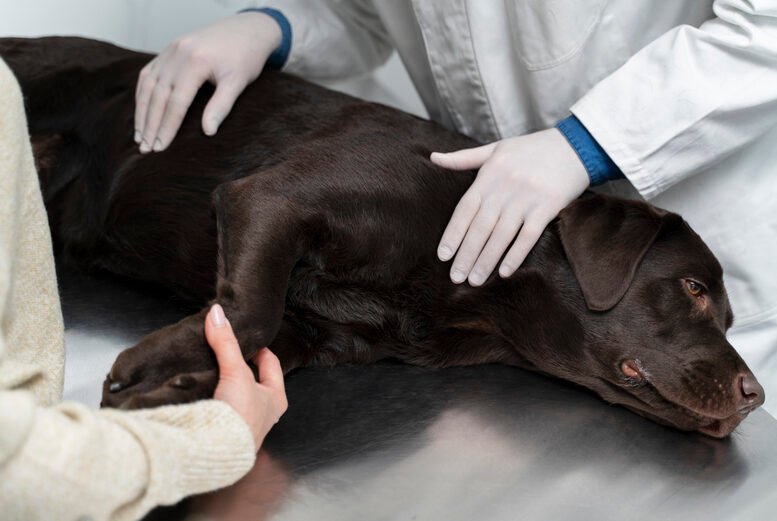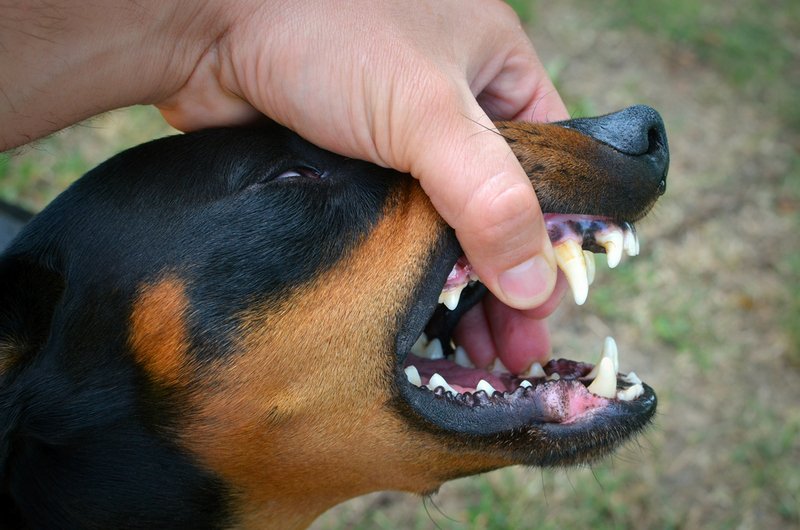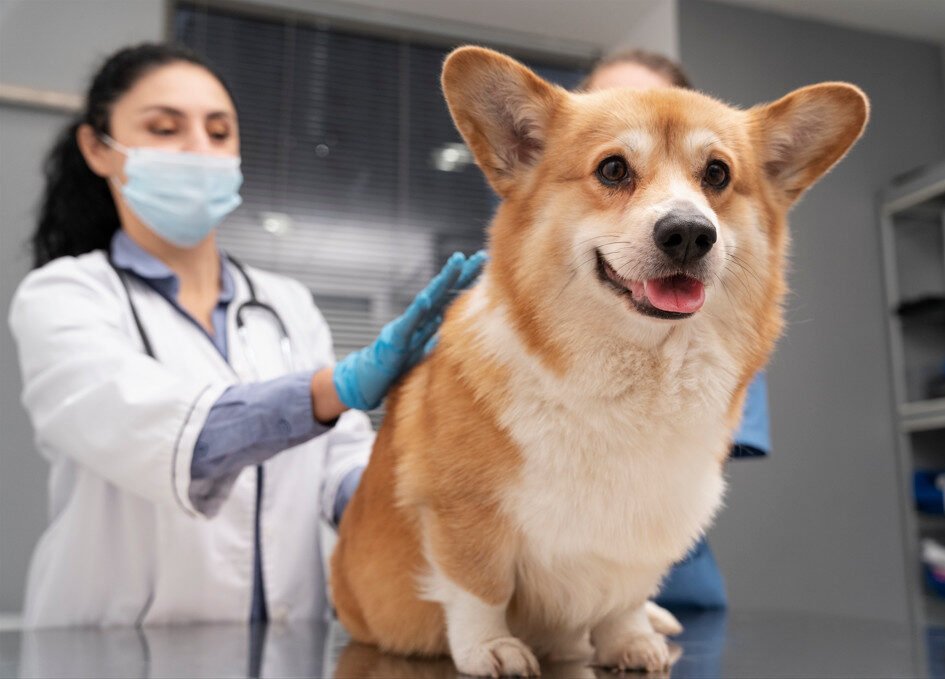Table of Contents
Introduction

Let’s talk about common health issues in our furry friends. This guide will help you understand symptoms, prevention, and treatments for a long and happy life for your beloved canine , Our canine companions fill our lives with joy, love, and unwavering loyalty. As responsible pet owners, it is our duty to be vigilant about common health issues that can impact our furry friends. In this comprehensive guide, we will delve into these health concerns, exploring symptoms, prevention, and treatments to ensure a long and happy life for your beloved canine.
1. Canine Parvovirus

1.1 Symptoms of Canine Parvovirus
One of the Major common health issues is Canine Parvovirus, often simply called Parvo, is a highly contagious viral disease that primarily affects puppies and unvaccinated dogs. Recognizing the symptoms early can be a lifesaver. These symptoms may include:
– Severe vomiting
– Profuse diarrhea, often bloody
– Lethargy and weakness
– Loss of appetite and weight loss
Understanding these signs can prompt immediate action.
1.2 Prevention and Hygiene
Preventing Parvo is essential. Vaccination is the cornerstone of protection. Puppies should receive a series of vaccinations, and adult dogs need regular boosters. Additionally, practicing good hygiene, such as disinfecting contaminated areas and washing hands after handling other dogs, can help curb its spread.
1.3 Consequences of Untreated Parvovirus
Untreated Parvovirus can lead to severe dehydration, septicemia, and death. Quick intervention by a veterinarian is crucial. Treatment often includes intravenous fluids, antibiotics, and supportive care.
2. Heartworm Disease
2.1 Transmission and Mosquito Bites

One of the Major common health issues Heartworms are transmitted through mosquito bites. When a mosquito carrying heartworm larvae bites a dog, the larvae enter the bloodstream and eventually grow into adult worms that reside in the heart and pulmonary arteries.
2.2 Signs of Heartworm Disease
Recognizing the signs of heartworm disease is vital. These may include a persistent cough, fatigue, reduced appetite, and weight loss. As the disease progresses, it can lead to heart and lung damage.
2.3 Preventive Measures
Preventing heartworms is far simpler and less costly than treatment. Veterinarians recommend regular administration of preventive medications. Options include monthly pills, injectable treatments, and annual testing to ensure your dog remains heartworm-free
3. Arthritis

3.1 Causes and Types of Arthritis
Another major common health issues is Arthritis but is not limited to humans; dogs can suffer from it too. It can be caused by factors such as age, genetics, or injury. Common types include osteoarthritis and autoimmune arthritis.
3.2 Recognizing Arthritis Symptoms
Signs of arthritis can vary but often include limping, stiffness, difficulty rising, and reluctance to climb stairs or jump. Recognizing these signs early allows for prompt intervention.
3.3 Treatment and Management
Managing arthritis involves a multifaceted approach. Medications, weight management, physical therapy, and joint supplements can improve your dog’s quality of life.
3.4 Prevention Strategies
Preventing arthritis, especially in older dogs, is crucial. This can be achieved through controlled diets, maintaining an appropriate exercise routine, and providing orthopedic bedding.
4. Dental Problems

4.1 The Link Between Dental Health and Overall Well-being
Dental issues in dogs can have far-reaching consequences, impacting not only their oral health but also their overall well-being. The mouth is a gateway to the body, and untreated dental problems can lead to systemic infections and even heart disease.
4.2 Signs of Dental Problems
Recognizing dental problems is vital. Signs include bad breath, drooling, red or swollen gums, and reluctance to eat.
4.3 Dental Care Tips
Maintaining good oral hygiene is crucial. Learn how to brush your dog’s teeth, consider dental treats, and schedule regular professional cleanings.
5. Skin Allergies

5.1 Common Dog Allergens
Dogs can suffer from various allergies, including environmental allergens like pollen, food ingredients, and even flea bites. Understanding these allergens is the first step to managing allergies
5.2 Identifying Skin Allergies
Skin allergies manifest as itching, redness, hair loss, and skin infections. Identifying the specific allergen can be challenging, but it’s essential for effective treatment.
5.3 Testing and Treatment Options
Allergy testing can pinpoint the cause of skin allergies. Treatment may involve special diets, antihistamines, or even allergy shots (immunotherapy) to desensitize your dog to allergens.
5.4 Reducing Allergen Exposure
Minimizing allergen exposure in your dog’s environment is key. This can include using hypoallergenic grooming products, keeping your home clean, and regularly washing your dog’s bedding.
Frequently Asked Questions
Regular vaccinations, preventive medications, proper hygiene, and a balanced diet can significantly reduce the risk. Additionally, maintaining a safe and clean living environment is crucial.
Yes, many of these diseases are treatable, especially when detected early. Consult your veterinarian for proper diagnosis and treatment. Early intervention can often lead to successful outcomes.
Annual check-ups are recommended, but more frequent visits may be needed for puppies and senior dogs. Your vet can provide guidance on the appropriate schedule for your specific dog’s needs.
Contact your veterinarian immediately. Early diagnosis and treatment are crucial for your dog’s well-being. Avoid self-diagnosis and treatment, as this can lead to further complications.
While some minor issues may be managed at home, it’s essential to consult a vet for proper guidance, especially for serious diseases. Home remedies should be discussed with your vet to ensure they are safe and effective for your dog’s condition.
Conclusion

In conclusion, safeguarding the health and well-being of your canine companion should be a top priority. Being informed about common health issues in dogs empowers you to take proactive steps for your pet’s health. Regular veterinary check-ups, vaccination, preventive measures, and early intervention are the cornerstones of responsible pet ownership. Remember that your veterinarian is your trusted partner in ensuring a long and happy life for your furry friend.
Disclaimer
This comprehensive guide provides general information about common health issues in dogs. It is for informational purposes only and should not substitute professional veterinary advice. Always consult with your veterinarian for specific guidance on your dog’s health, any potential medical concerns, or individualized treatment plans. Your dog’s health is unique, and a veterinarian can provide the best care tailored to their needs.

